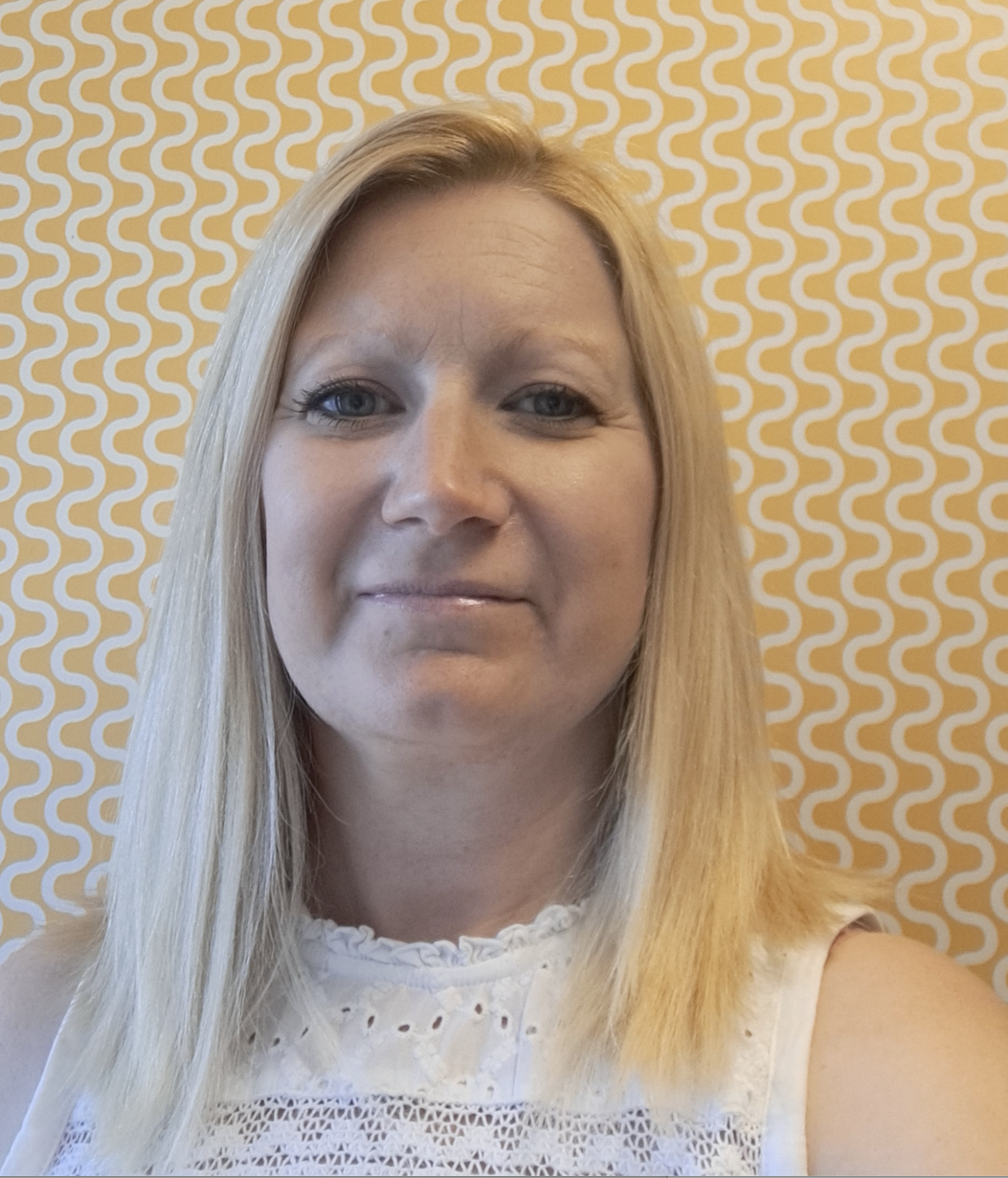
National Coordinator, Fiona Moon, chats to Making Change conference contributor Kelly Amoss, about founding the charity Seaglass Collective, which aims to support adopted children access much needed arts and creativity provision.
Fiona: Thanks so much for chatting to us Kelly. We’re really looking forward to hearing you at the conference. Can you tell us a bit more about Seaglass Collective and how it came about?
Kelly: Sure. Seaglass Collective provides stimulating creative projects for adopted children and young people across Yorkshire. We started in 2018 and it was really born out of a quietly urgent need that I felt wasn’t being addressed elsewhere. I’m an adoptive parent myself, and, despite the evidence that the arts have multiple benefits for mental health, wellbeing and trauma recovery, the setup of most extracurricular childrens activites just don’t work for many adopted children. Due to early traumas, adopted children and young people often have a myriad of needs that don’t always fall under recognised SEN banners, and quite frequently may need extra reassurance, adjustment time, or need to work in specific ways to help them feel safe. Lack of safety can result in behaviors that can be perceived as being difficult. Quite often, children either cannot cope with the environment and don’t want to return, or are asked to leave due to these stress reactions. This means they are potentially missing out on the very activities that could be most beneficial to their ongoing development. After talking to other adoptive parents about these struggles, I decided to start Seaglass Collective.
Fiona: What is it about the Seaglass approach that differs from a mainstream arts provision?
Kelly: Our main focus is creating an understanding and supportive environment, underpinned by an in depth understanding of the experience of the adopted child and wider family. For example, we have fewer children and a higher staff ratio, provide lots of information in advance, such as photos of course leaders and venues, and parents are welcome to stay in the space if it’s right for their child. Parents can give us information about their child in advance so that we can support them, and all of our course leaders have in house adoption training. We also support transition into mainstream arts activities if needed.
Fiona: How has the organization developed since it first started?
Kelly: We started with a few short-term pilot projects, which has since grown into a regular youth theatre, choir and dance classes. For the first few years it was just me at my kitchen table, but now we work with a team of freelance creatives, and have also recently achieved charity status, which is really exciting and has opened lots of doors for the future. We’ve also developed some really great partnerships with venues such as the Lawrence Batley Theatre and The Art House. Most recently, we’ve also started running support for parents, and adoption training for other organisations.
Fiona: Have there been any unexpected results to the work that have surprised you?
Kelly: It seems like an obvious thing now, but it certainly wasn’t on my radar, but the parents of many of our attendees have become a real support network for each other. There’s an unspoken understanding when you are an adoptive parent that other people often just don’t grasp, it’s a complex web of navigation that doesn’t end when you adopt your child. It can be quite lonely, so it’s great to now see those parents sharing resources, chatting together and organizing play dates.
Fiona: What are your plans for your session at the conference?
Kelly: I plan to talk a little about the hidden impacts of trauma and how this may present in children and young people, talk through our framework and get people thinking about which elements they could apply to their own mainstream provision to make it more inclusive and adoption friendly. We understand that running activities specifically for adopted children may not be doable for everyone, but many elements of our approach could be incorporated to existing groups, enabling adopted children to benefit.
Click here to find out more about Seaglass Collectives projects. Making Change: The Culture, Health and Wellbeing Alliance national conference is taking place in Barnsley from 11-13 October 2023
